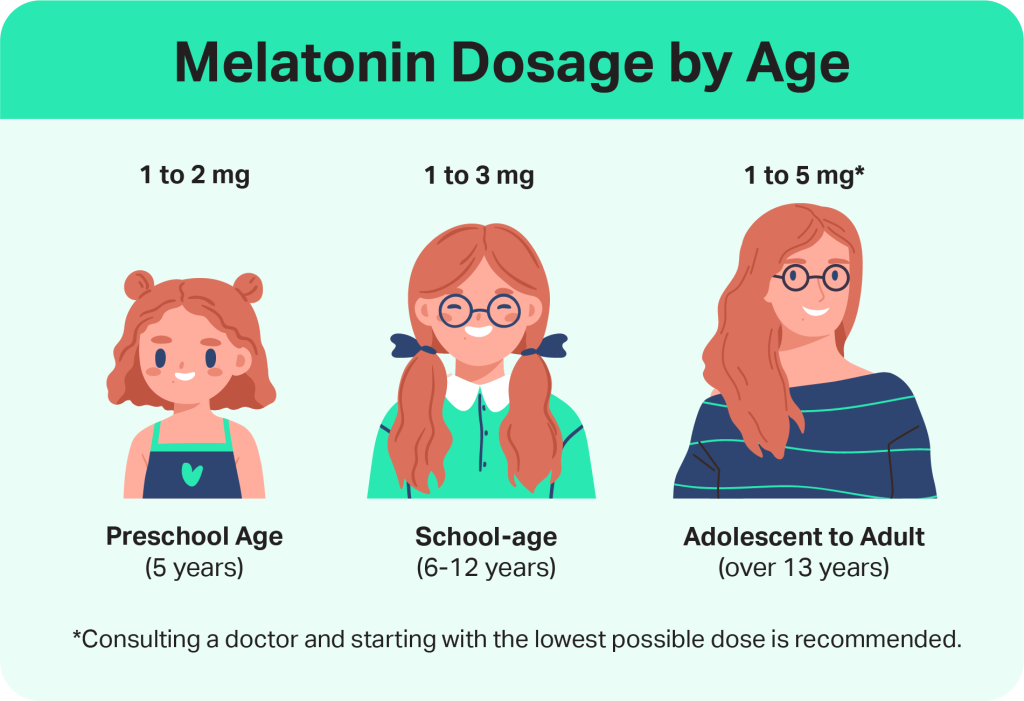Many people rely on melatonin supplements to sleep better. It is often seen as a safe and natural solution. However, new research suggests that long-term melatonin use may have possible risks, especially for heart health. This has raised important questions for people dealing with insomnia.
What Did the Study Find?
Researchers reviewed five years of health records from more than 130,000 adults diagnosed with chronic insomnia. Among them, some had used melatonin for more than a year, while others had never used it.
The study found that people who used melatonin long-term were more likely to:
- Develop heart failure
- Be hospitalized due to heart failure
- Die from any cause during the study period
This does not prove melatonin directly causes danger, but it suggests there may be a link that needs further study.
Understanding Melatonin
Melatonin is a hormone naturally released in the body to help manage the sleep-wake cycle. It rises at night and falls during the day. The supplement form is made synthetically and is widely sold without prescription in many countries.
But one concern is that melatonin supplements can vary in strength and purity, because they are not always closely regulated. Long-term daily use is also not usually recommended.
Comparing Melatonin Users and Non-Users

| Group | Heart Failure Risk | Hospitalization for Heart Failure | Risk of Death (5-year period) |
|---|---|---|---|
| Long-term Melatonin Users | Higher (about 90% increase) | Nearly 3.5 times more likely | Nearly twice as likely |
| Non-Melatonin Users | Lower | Lower | Lower |
The difference is significant and suggests that long-term melatonin use should be approached with caution.
What This Means for People With Sleep Problems
This research does not say that melatonin is always harmful. Short-term or occasional use may still be helpful. The key concern is long-term daily use, especially without medical guidance.
Some people may be taking melatonin every night because they believe it is harmless. The study suggests that doctors and patients may need to discuss sleep care more carefully.
If sleep problems continue for more than a few weeks, it may be helpful to explore:
- Sleep routine changes
- Stress management
- Light exposure habits
- Cognitive behavioral therapy for insomnia (CBT-I)
These have shown benefits without relying on long-term supplements.
Final Thoughts
The findings are considered preliminary, meaning more research is needed. However, they provide an important reminder: natural does not always mean risk-free.
If you use melatonin regularly, it may be a good idea to speak with a healthcare professional about your sleep needs. Better sleep is important — and so is protecting your heart.
For more helpful lifestyle and sleep wellness insights, explore our other articles in the health section.



